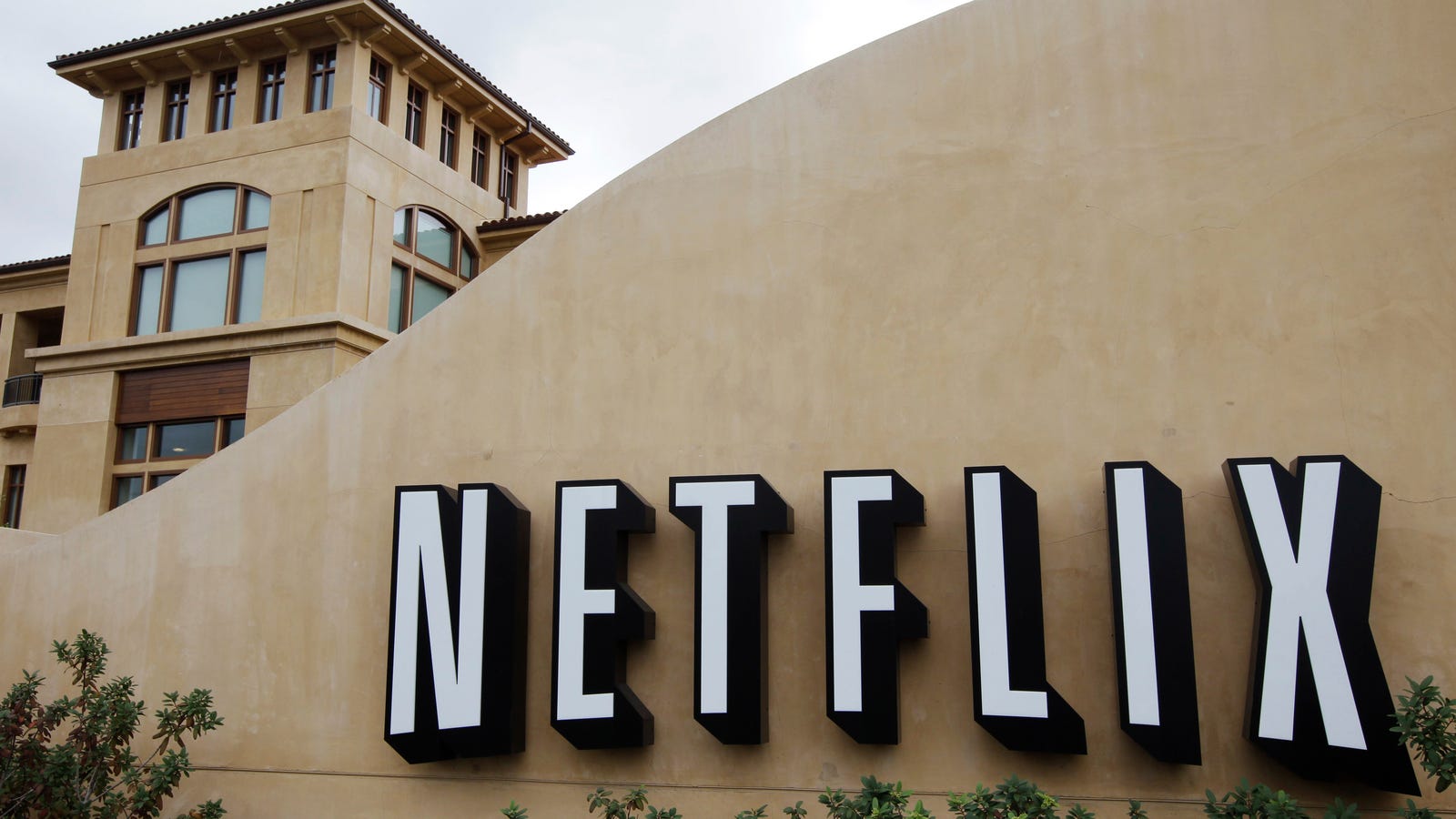https://gizmodo.com/report-netflix-has-signed-a-best-practices-code-in-ind-1831909825

Netflix and eight other streaming services including pending Disney acquisition Hotstar and Jio Cinema have signed a “code of best practices” stating they will voluntarily self-regulate their content in India, CNN Business reported on Friday. According to CNN, the agreement (posted to Indian tech site MediaNama) includes provisions targeting content that “disrespects the national emblem or national flag,” “intends to outrage religious sentiments,” or “encourages terrorism or other forms of violence against the State.”
CNN wrote that the Internet and Mobile Association of India (IAMAI), the telecom lobbying group which published the document and is seeking some form of official endorsement from government ministries on it, did not return requests for comment. But it also wrote that Netflix confirmed to them that they had signed the agreement, as well as denied that it had agreed to censor its content:
Netflix (NFLX) confirmed that it had signed the code, but the company downplayed suggestions that it amounts to censorship.
“The self-regulation code is a set of guiding principles for participating companies like us,” it said in a statement to CNN Business on Friday. “It ensures an environment that protects the artistic vision of content producers so that their work can be seen by their fans.”
In a tweet, the IAMAI wrote that “to equate the self-regulation code with censorship is grossly misleading.”
However, the Indian government has recently proposed amending Section 79 of the IT Act (a law which functions similarly to Section 230 of the Communications Decency Act, and provides immunity to web platforms for user-generated content). As Wired wrote, the proposed amendments target online misinformation by “effectively forcing internet companies to censor a broad swath of user content,” as well as forcing secure messaging services like WhatsApp to “decrypt encrypted data for government use”:
Under the new rules, platforms would be required to deploy automated tools to ensure that information or content deemed “unlawful” by government standards never appears online. The Indian government has yet to define what it considers unlawful, but critics warn that it could create incentives for internet companies to flag, and potentially remove, more content than necessary, to avoid publishing something illegal. The unlawful definition likely would encompass everything prohibited under Indian law, which includes hate speech against certain protected groups, defamation, child abuse, and depictions of rape, among many others.
The use of automated tools to remove infringing content is particularly controversial, as there are numerous examples of platforms that have tried and failed to do so. Blogging site Tumblr, for example, banned porn in 2018, and its automated filters immediately began removing swathes of innocuous content from the site.
The proposal to force secure messaging apps to break their own encryption at the behest of the government—which could compromise the security of users—is motivated by reports that rumors circulating on WhatsApp led to numerous lynchings, Wired wrote.
“If there are heinous crimes being committed of people being lynched, the government’s investigating agencies would like to know who the people behind this are,” an anonymous government official told the Economic Times. “Heinous crimes cannot be allowed to happen in the garb of (social media) platforms saying that they are encrypted.”
It’s not clear whether the proposals are directly connected to Netflix’s decision to sign the code. But according to BuzzFeed News, sources at Netflix said that the self-regulation agreement was an attempt to “avoid official government censorship” and pre-empt criticism that streaming networks are not legally regulated in the same manner as Indian cable TV companies—which are subject to Ministry of Information and Broadcasting censorship and obscenity laws.
The Internet Freedom Foundation (IFF) has come out strongly against the proposed changes to Indian laws, writing they are “taking India close to a Chinese model of censorship.” On Jan. 17, they also published a letter to IAMAI urging them to rethink the code, which they said “creates a de-facto censorship mechanism which will only become more pervasive in time” and will work to the “detriment of the entire online video streaming sector.”
“We reasonably anticipate that the adoption of this code and endorsement by Government will in time develop into a censorship system for online content streaming which will serve no objective public policy goal, and may not even decrease the liability exposure of companies,” the IFF added.
via Gizmodo https://gizmodo.com
January 20, 2019 at 02:39PM
